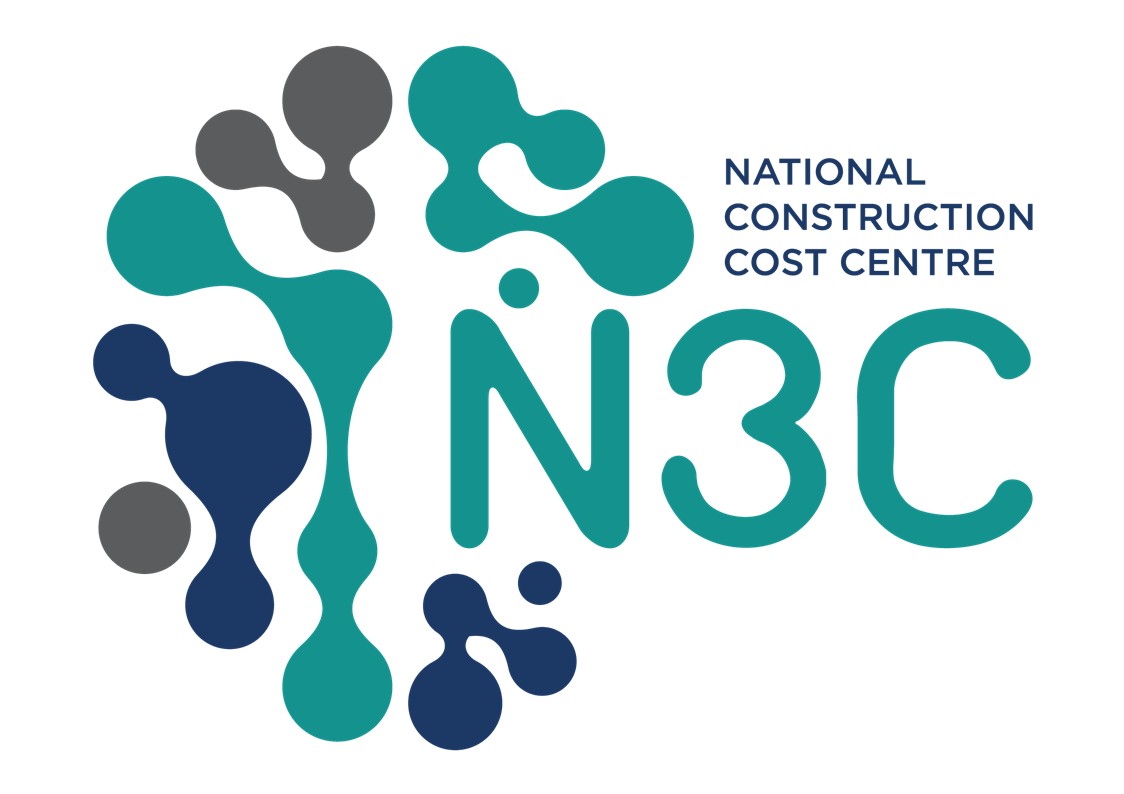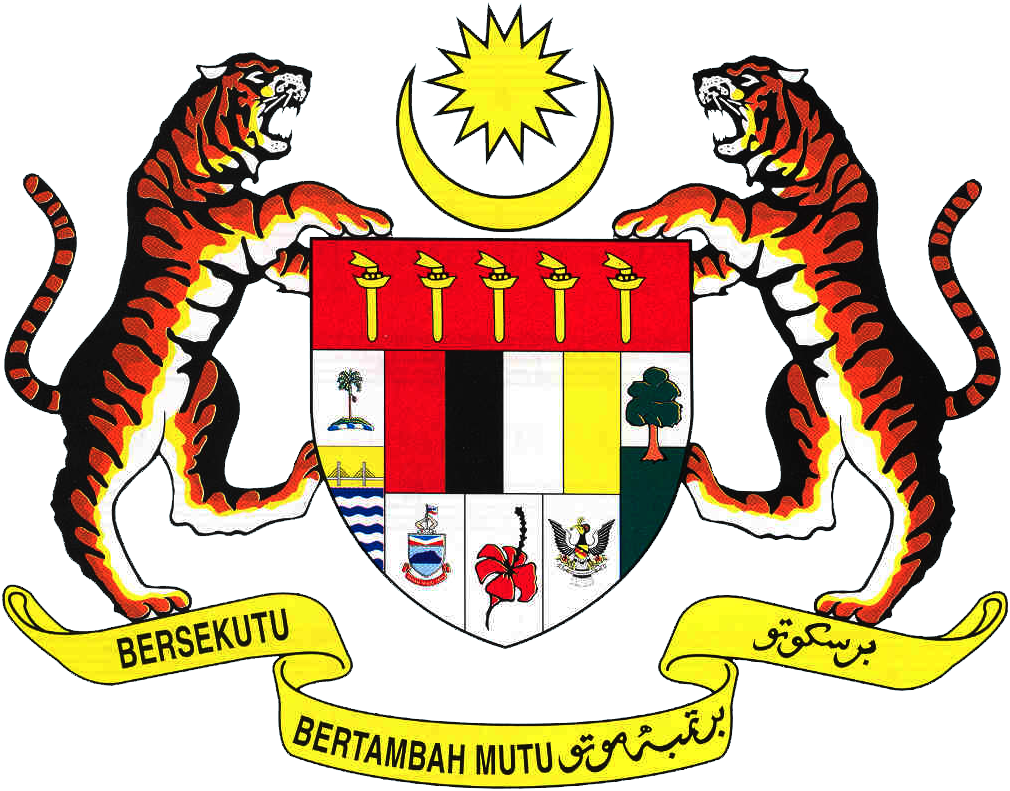Frequently Asked Questions (FAQ)
Didn't find your question? Email us at [email protected]
All construction projects awarded to local or foreign contractors in Malaysia, regardless of the value must be declared to CIDB. To avoid double counting, the data refers to construction projects worth more than RM500,000 awarded to main contractors.
Construction projects are categorised into Government and Private Sector. Apart from Sector, construction projects were categorised based on the final product. At CIDB, there are four main categories of Non-Residential, Residential, Infrastructure and Social Amenities. Each of these category describes the subsequent subcategory and final product. For example, a construction project could be categorised under Infrastructure (Category) > Transportation (Subcategory) > Road (Final Product).
Government Sector refers to clients which is purely government entities. Government Sector could either be Federal and State Government.
Private Sector refers to client incorporated under The Companies Commission of Malaysia (SSM), The Registry of Societies Malaysia (RoS), Cooperative Commission of Malaysia (SKM) and other relevant registrar.
Construction projects in foreign countries by Malaysian contractors is collected based on voluntarily basis. There is slightly different classification between the data between the domestic and international construction projects. The data is also differentiated by the country and final product. International construction projects data is published on a quarterly basis.
Local or foreign contractors with or intend to bid for construction projects in Malaysia must be registered with CIDB. Contractors are registered based on their share of company, whether it is local or foreign owned.
There is no categorisation of foreign contractors’ registration. However, Malaysian or local contractors are categorised from Grade 1 (G1) to Grade 7 (G7). These categorisation highlights the size of the contractors, and provide the maximum value of construction works, per project allowed for the contractor. The registration for contractors grade is based on maximum tender limit bid for construction works: a) G1 - Not more than RM200,000.00 b) G2 - Not more than RM500,000.00 c) G3 - Not more than RM1 million d) G4 - Not more than RM3 million e) G5 - Not more than RM5 million f) G6 - Not more than RM10 million g) G7 - No limit
There are 3 types of contractors’ registration at CIDB, which is the precursor of the other. The 3 types of contractors’ registration are: a) Perakuan Pendaftaran Kontraktor (PPK) – For general construction works b) Sijil Perolehan Kerja Kerajaan (SPKK) – For government construction works c) Sijil Taraf Bumiputera (STB) – For Bumiputera-status construction works
Workers in the construction industry in Malaysia are registered with CIDB via the Construction Personnel Registration Card, commonly known as ‘Green Card’. Through this mechanism, construction personnel are continuously monitored.
Construction personnel are categorised based on their certification. At CIDB, construction personnel are categorised into: a) Administrator; b) General Construction Worker; c) Semi-Skilled Construction Worker; d) Skilled Construction Worker; e) Construction Site Supervisor; and f) Construction Project Manager.
The Malaysian Carbon Reduction and Environmental Sustainability Tool (MyCREST) is a rating tool developed on carbon emissions to the built environmental. Unlike other existing rating tool/ standard, MyCREST covers new and existing building. For existing building, MyCREST certification could be renewed every 3 years.
There are 3 types of MyCREST certifications: a) MyCREST Design & Construction b) MyCREST Operation & Maintenance c) MyCREST Design & Construction with Operation & Maintenance
MyCREST score is based from 1-star to 5-star ranking. The star ranking is based on score percentage: a) 5 stars :- 80% -100% b) 4 stars :- 70% - 79% c) 3 stars :- 60% - 69% d) 2 stars :- 50% - 59% e) 1 stars :- 40% - 49%
There are 3 components in MyCREST assessment, which represents the basic stages of building lifecycle: a) Design stage b) Construction stage c) Operation & maintenance stage
Developers are greatly encouraged to apply for MyCREST assessment for long-term benefit. With MyCREST, users can have higher savings and contributed towards green-environment through energy-efficient, renewable and recycle materials which produce less carbon emissions and less construction waste.
Certification of Construction Products and Material (CCPM) is the regulation of construction materials in Malaysia. All construction materials in Malaysia, either produced locally or imported must be standards-compliant, as listed under Fourth Schedule, Act 520.
Currently, there are 13 materials under the purview of CCPM: a) Sanitary wares b) Unglazed and glazed ceramic tiles c) Ceramic pipes and pipe fittings d) Cement e) Prefabricated timber roof truss system f) Precast concrete piles for foundation g) Insulation materials h) Glass i) Fibre cement flat sheet not containing asbestos j) Radiant barrier (Thermal insulation foil) k) Iron and steel products l) Aluminium m) Ready mix concrete
Quality Assessment System for Building Construction Works (QLASSIC) is a quality standard for building construction works, and is based on the Malaysian Construction Industry Standard (CIS) 7: 2014. QLASSIC is a percentage based-assessment, and is used to evaluate the quality of construction.
There are 4 types of building for QLASSIC standard: a) Category A - Landed housing b) Category B - Stratified housing c) Category C - Public/ commercial/ industrial buildings without centralised cooling system d) Category D - Public/ commercial/ industrial buildings with centralised cooling system
There are two methods to assess QLASSIC: a) Pre-determined sampling – Samples are selected from drawing and plans of construction projects. b) Assessment – A one-time assessment will be done through site inspection based on the samples identifies from the drawing and plans.
There are 4 main components for QLASSIC assessment: a) Architectural works b) Structural works c) Mechanical & Electrical (M&E) works d) External works
Safety and Health Assessment System in Construction (SHASSIC) is a safety and health standard for construction works, and is developed based on the Malaysian Construction Industry Standard (CIS) 10: 2008.
SHASSIC score is based from 1-star to 5-star ranking. The star ranking is based on score percentage as follows: a) 5 stars :- 85% - 100% b) 4 stars :- 70% - 84% c) 3 stars :- 55% - 69% d) 2 stars :- 40% - 54% e) 1 stars :- 39% and below
Construction projects are greatly encouraged to apply for SHASSIC assessment to ensure that the safety and health aspect are being complied, as well as providing affirmation on a safe working environment. Construction projects is normally evaluated during 25% to 75% of construction work progress.
There are 3 main components for SHASSIC assessment: a) Document check b) Site/ workplace inspection c) Employees interview
Industrialised Building System (IBS) is a mechanical building system for construction works. It is developed to encourage construction by using manufactured components in factory and assembled on the construction site. This process is faster, requires less workers and waste, with faster implementation. This ensures quality and more efficient than the current conventional construction work.
CONVINCE provides three types of IBS statistics of: a) IBS Contractors b) IBS Installers c) IBS Manufacturers
A total of 19 common construction material prices are published at CONVINCE. The prices includes any reduced rates, discounted prices, taxes, shipping and handling costs. For simplification purposes, CONVINCE provides the aggregated construction material prices.
The data is published on a monthly basis, and will be updated with a 3-months lag period for verifying and checking purposes.
A total of 9 machines with daily and monthly rates, as well as 7 equipment purchase prices are summarised accordingly. For simplification purposes, the data has been aggregated to indicate the daily and monthly machinery hire rates, as well as the equipment prices.
The data is based on the common (most usual) wage rates paid to the labourers. There were 2 types of labour wage rates, specifically the semi-skilled and skilled workers. All trade were based on the daily wage rates, except for electrical wireman PW2 and PW4.
There are three main groups of labours: a) Construction Workers - 20 types b) Plant and Machinery Operators - 15 types c) IBS Installers - 6 types
The wage rates were published twice a year and will be updated with a lag period of 3-months for verifying and checking purposes.
A total of 9 machines with daily and monthly rates, as well as 7 equipment purchase prices are summarised accordingly. For simplification purposes, the data has been aggregated to indicate the daily and monthly machinery hire rates, as well as the equipment prices.
Machinery Hire Rates & Equipment Purchase Prices were published twice a year and will be updated with a lag period of 3-months for verifying and checking purposes.























